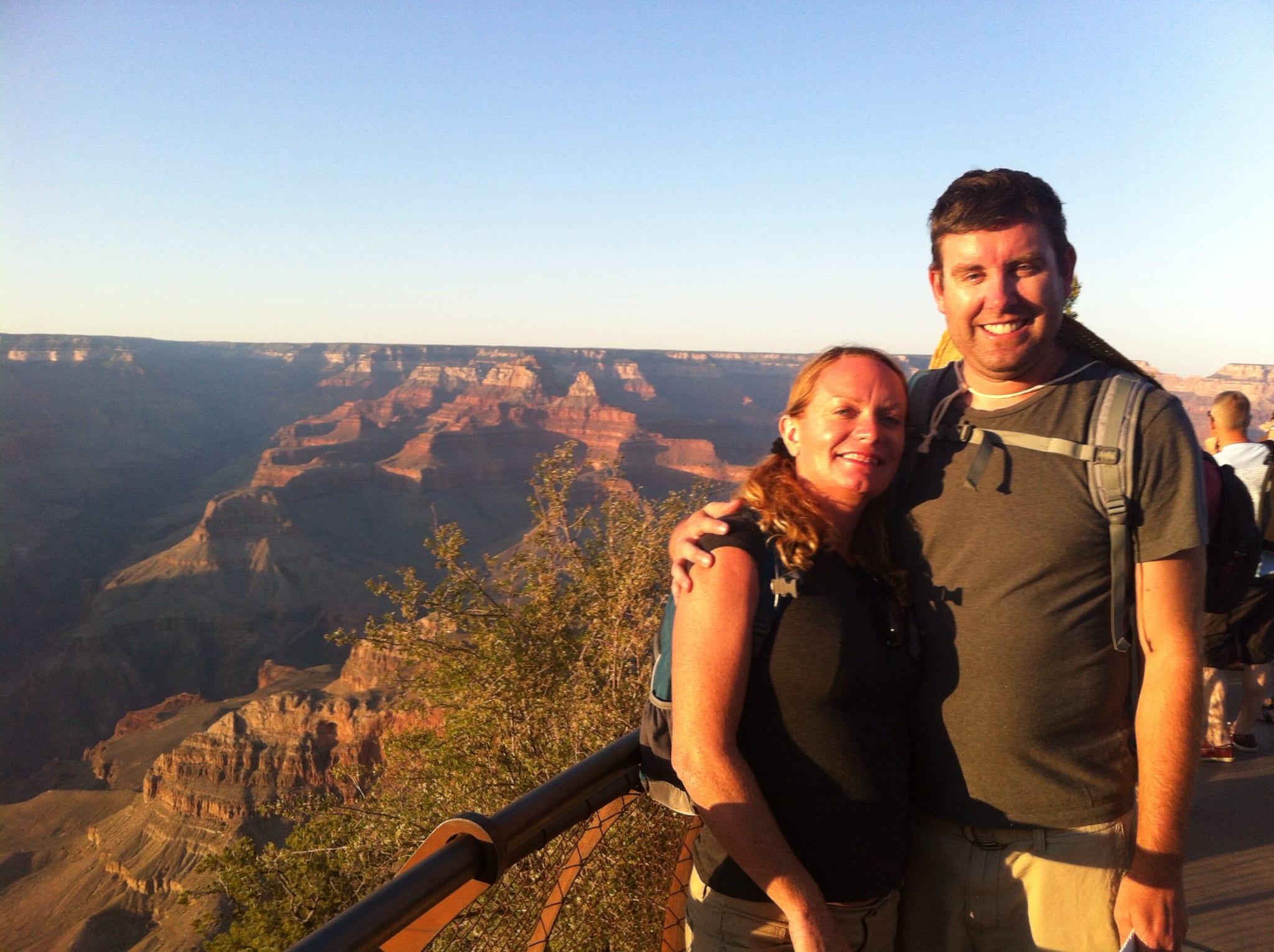Group Says Suspension of CA Medical Aid-in-Dying Law Last Year Likely Caused Drop in Participation
Group Calls for Ensuring Eligible Patients Can Access Peaceful Dying Option
Jul 9, 2019 California California End of Life Option Act medical aid in dying

Compassion & Choices says the temporary suspension of the California End of Life Option Act last year -- because of an ongoing lawsuit seeking to invalidate it -- likely caused a decrease in the participation in the law during the last year.
The California Department of Health released a report today showing 452 terminally ill, adult patients received prescriptions written by 180 unique physicians for medical aid in dying to peacefully end their suffering and 337 of the patients took the medication in 2018. In 2017, the health department reported that 577 patients received prescriptions from 241 unique physicians and 363 of the patients took the medication.
“Our goal is simply to make medical aid in dying available for those who will get peace of mind from its availability, so from this perspective, it makes no difference that fewer dying patients used the law,” said Kim Callinan, CEO of Compassion & Choices. “That said, in this case, the report appears to corroborate our anecdotal experience suggesting that the temporary suspension of the law resulted in eligible patients being deprived of this compassionate option; this situation is tragic and calls for an even greater focus on ensuring eligible patients can access the law.”
California is one of nine states — including Colorado, Hawai‘i, Maine, Montana, New Jersey, Oregon, Vermont, and Washington— as well as the District of Columbia, that have authorized medical aid in dying. Collectively, these 10 jurisdictions represent more than one out of five U.S. residents (22%) and have 40 years of combined experience using this end-of-life care option.
“The temporary suspension of the law last year caused confusion and denied some terminally ill individuals the choice to end their lives on their terms, “ said Assemblymember Susan Talamantes Eggman (D-Stockton). “As we move forward I will continue my commitment to evaluate how the law is being implemented. To that end, I anticipate holding a select committee hearing later this year.”
A California appeals court in late November directed a superior trial court to nullify its judgment in late May that suspended the state’s medical aid-in-dying law before the appeals court granted a stay in June reinstating the law. The Court of Appeal, 4th Appellate District(“appeals court”), ruled the physician plaintiffs didn’t establish legal standing when they filed their lawsuit in 2016 to overturn the End of Life Option Act because the law doesn’t affect them or their patients since they both are free to opt out of participating in the law.
“My terminally ill wife Christine and I found out the same evening we got home from driving to UCLA for our first appointment that the law had been invalidated. She was devastated and suffered major mental anguish and fear,” said San Luis Obispo resident Tom Whaley, whose 42-year-old cancer-stricken wife Christina finally was able to use the law three months later after it was temporarily suspended on Aug. 25, 2018. “The law’s suspension delayed Christina’s ability to obtain the prescription by at least two weeks because UCLA needed time to restart its program after the law was reinstated.”
“There’s no question the temporary suspension of the law prevented physicians from writing prescriptions for medical aid in dying,” said Chandana Banerjee, M.D., M.P.A., Assistant Clinical Professor in the Division of Supportive Medicine specializing in Hospice & Palliative Medicine. “It is already difficult for patients to access and understand the law. I am not surprised that the number of physicians who prescribed has gone down.”
As chair of the End of Life Option Act Subcommittee at City of Hope, during the temporary suspension of the law, Dr. Banerjee has also seen and addressed the challenges faced by both patients and providers. The City of Hope is co-hosting an End of Life Symposium with Compassion & Choices about the law on Sept. 27.
“At the City of Hope, caring for their patient throughout their journey in cancer is at the center of everything we do,” concluded Dr. Banerjee. “We need to do a better job of educating physicians and supporting them, so they can support their eligible patients in this option.”
Polling shows 76 percent of Californians across the political and demographic spectrum support medical aid in dying. This majority support includes 82 percent of Democrats, 79 percent of independents, 67 percent of Republicans, 75 percent of whites, Latinos and Asian Americans, and 52 percent of African Americans.


